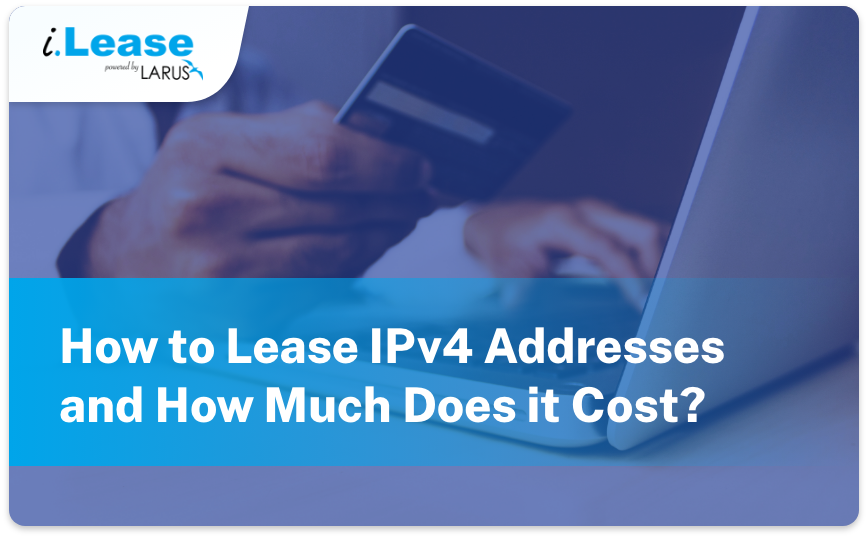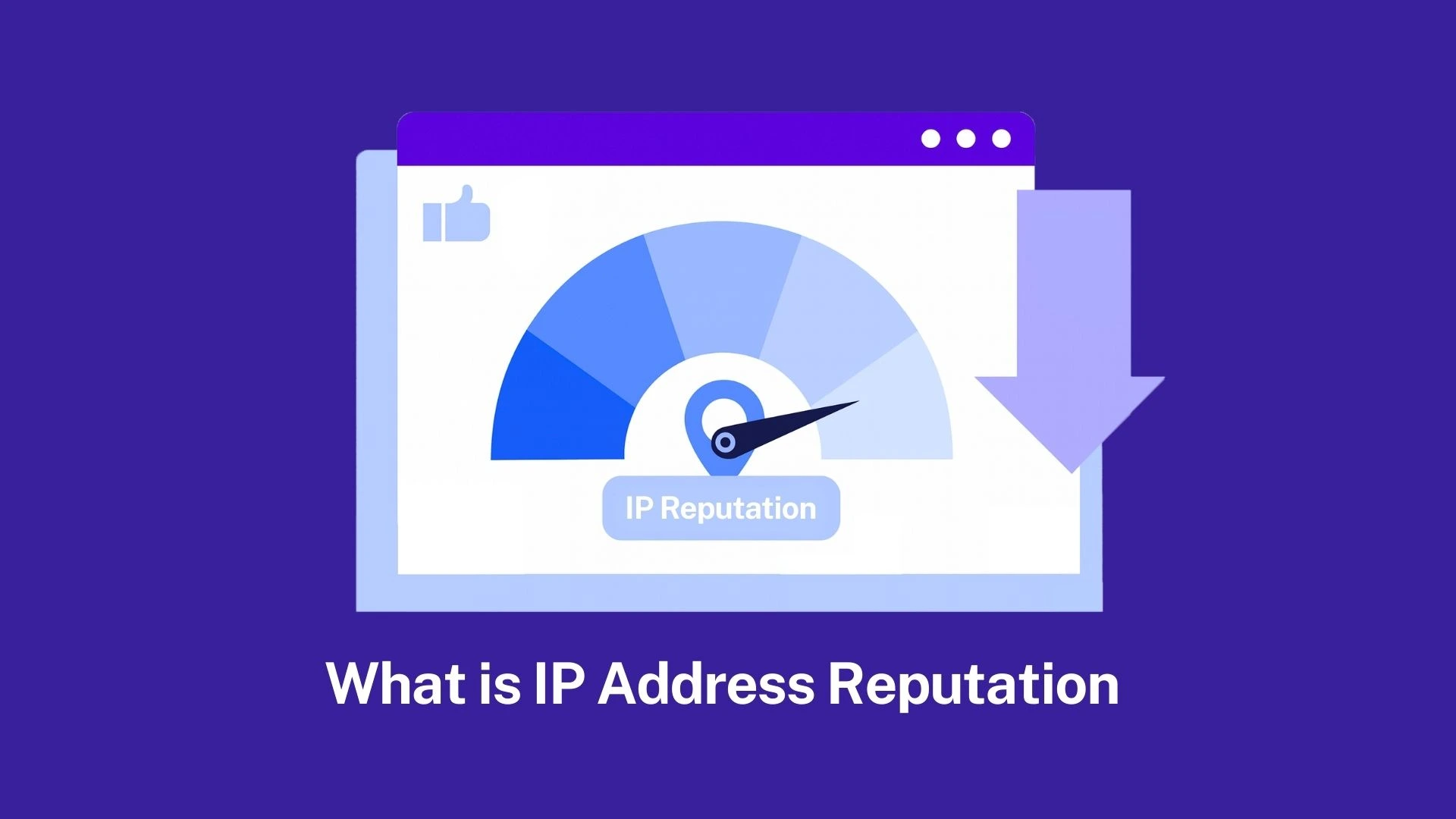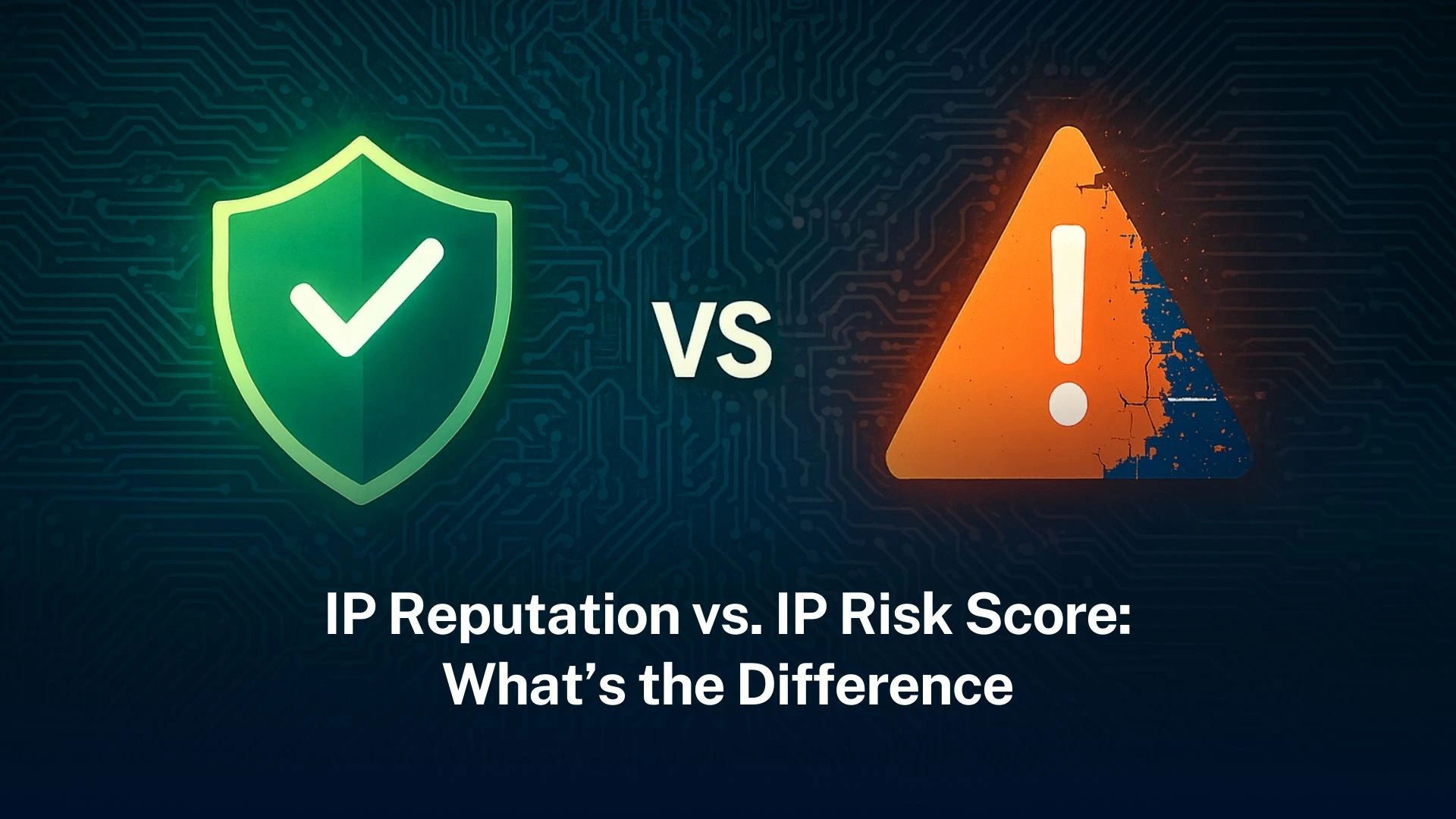
IPv4 is the initial version of the Internet Protocol (IP), capable of generating 4.3 billion possible IPv4 addresses. However, many of these addresses are reserved for specific purposes, like research and development. This leaves a limited pool for organizations and individuals worldwide. With the exponential growth of the internet, the demand for IPv4 addresses has sky-rocketed. This led to a rapid decline in available addresses. We are now atRead more

IPv4 addresses are technically exhausted. But because they are absolutely essential, businesses and organizations have found ways to continue to redistribute existing IPv4 addresses. One of these ways is IPv4 leasing. This guide focuses on the functional dynamics of IPv4 addresses and outlines a process for leasing them. 1.0 Why Opt for IPv4 Leasing? Leasing IPv4 addresses is a smart solution for businesses in need of IP addresses. Leasing isRead more

IPv6, or Internet Protocol version 6, is the latest version of the Internet Protocol (IP). It was designed to overcome the limitations of its predecessor, IPv4. IPv6 is the future of the Internet. We are looking at the increased adoption of the Internet of Things (IoT), autonomous transport (like Tesla cars), and smart cities. Your office space is likely to have multiple sensors, actuators, and IoTs that require anRead more

Leasing offers a two-way advantage. For lessors, it is an opportunity to make recurring revenue. For lessees, it is a way to meet their needs for IP addresses without making big financial commitments. There are some best practices and pitfalls that come with IP address leasing. These will be discussed later on. For us to have a better picture on the idea of IPv4 leasing, it’s important to takeRead more

If you want ripe RIPE IPv4 addresses, there will be a literal waiting list to join. In a new policy approved and posted on Tuesday, the regional internet registry (RIR) that serves Europe, the Middle East and Central Asia, dubbed RIPE, has decided that the only way it can deal with the ever-diminishing number of unassigned IPv4 addresses is for everyone to form an orderly queue. “On application forRead more



